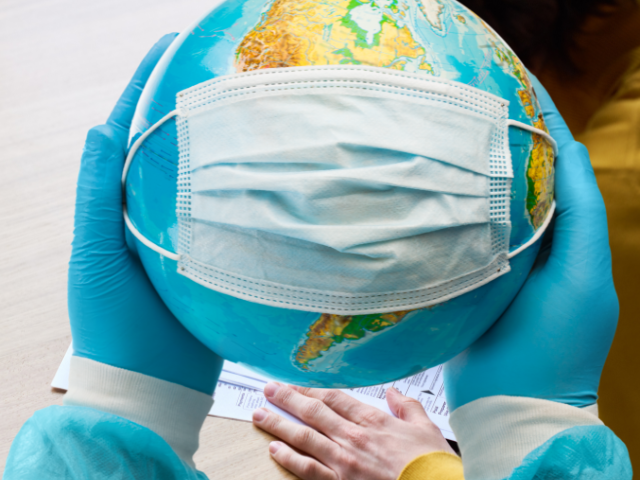Climate Change and Infectious Disease Prevention
A 2023 proposal from GNU, referenced in its new report, suggested that climate change is “already accelerating disease transmission,” in addition to its effect on air quality and food production.
“Increasing temperatures and extreme weather events are already having profound effects on public health leading to increased risks of heat stroke, physical injury, malnutrition, exposure to infectious diseases, and health impacts from displacement and exposure to conflict,” the organization stated in 2023.
An Emerging Microbes & Infections article published in 2024 substantiated these claims, noting the effects of climate change increase “transmission of food-, water- and vector-borne disease through expanding “the size of a pathogen reservoir or its host population.”
“Climate change can increase pathogen abundance by enhancing the survival and reproduction of pathogens or their hosts in existing environmental niches or expanding the number, size, or reproductive potential of these niches in an existing or expanded geographic range,” the authors stated.
Respiratory viruses, according to the study authors, could provide the best evidence of climate change’s effects on infectious diseases due to the seasonality of the viruses. But new technologies like biosensors and satellite imagery could help mitigate the effects.
Increasing temperatures also put healthcare workers at risk — physically, mentally and emotionally — according to GNU
“Governments have a responsibility to incentivize increased investments in clinical training related to climate disasters to ensure that our health care workforce is prepared to handle the health impacts of a rapidly warming planet,” GNU stated in 2023. “Healthcare facilities must institute safe staffing, workplace protections and hazard pay when protections are not possible, for nurses and other health care workers during climate disruptions, as well as appropriate personal protective equipment.”









